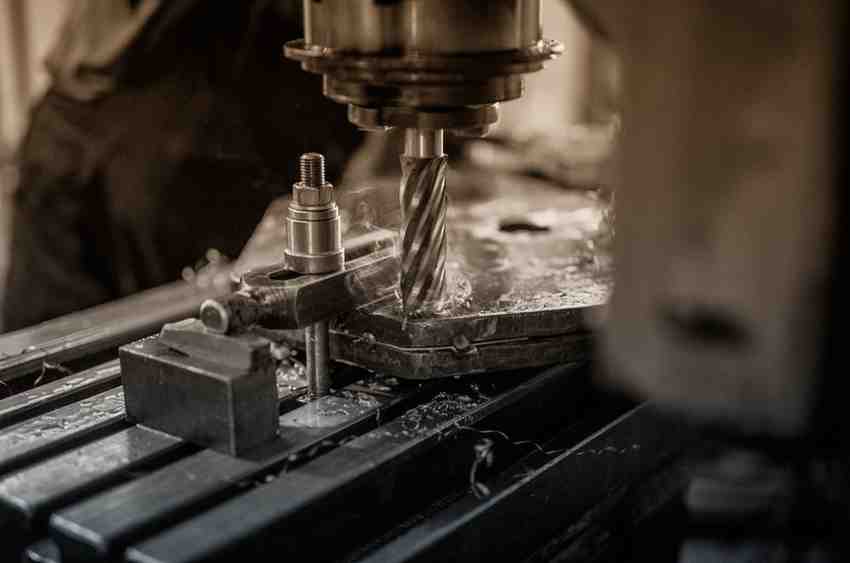In the fast-paced world of manufacturing, precision and efficiency are paramount. Holloway Group, a leading Australian injection moulding company, has embraced Computer-Aided Design (CAD) technology to revolutionise its approach to tooling design and validation. By integrating advanced CAD systems into their workflow, Holloway Group ensures that & complex tooling designs are not only accurate but also optimised for performance and & manufacturability.
The Role of CAD in Modern Tooling Design
CAD has become an indispensable tool in the manufacturing industry, enabling engineers to create detailed 3D models of components and assemblies. These digital representations allow for thorough analysis, simulation, and optimisation before any physical prototypes are produced. At Holloway Group, CAD serves as the foundation for designing intricate tooling systems, ensuring that every detail is meticulously planned and executed.
Holloway Group’s CAD Capabilities
Holloway Group utilises the Pro E CAD/CAM system, a powerful platform that facilitates the comprehensive management of tooling and injection mould design projects from inception to completion. This system enables the creation of precise 3D models, allowing for virtual testing and validation of designs before they reach the manufacturing floor. By leveraging CAD, Holloway Group can identify potential issues early in the design process, reducing the risk of costly errors and delays.
Streamlining the Design-to-Production Workflow
The integration of CAD into Holloway Group’s operations streamlines the entire design-to production workflow. Engineers can quickly iterate on designs, making adjustments based on simulation results and feedback. This agility accelerates the development process, enabling faster turnaround times and more efficient use of resources. Furthermore, CAD models can be directly utilised by CNC machines and other manufacturing equipment, ensuring seamless transition from digital design to physical product.
Enhancing Collaboration and Communication
CAD models serve as a universal language among engineers, designers, and clients, facilitating clear communication and collaboration. Detailed visualisations help stakeholders understand complex designs, provide feedback, and make informed decisions. This collaborative approach ensures that the final product aligns with client expectations and meets all functional requirements.
Case Study: Biax Foundations Collaboration
A notable example of Holloway Group’s effective use of CAD is their collaboration with Biax Foundations to produce a concrete void filler product. By employing CAD and Finite Element Analysis (FEA), Holloway Group’s engineers were able to simulate and optimise the design, resulting in a product that is lighter and stronger than its predecessor. This partnership showcases the power of CAD in driving innovation and improving product performance.
Commitment to Quality and Precision
Holloway Group’s dedication to quality is evident in their meticulous approach to design validation. Using CAD, they can conduct comprehensive analyses to ensure that tooling designs meet stringent standards and specifications. This commitment to precision not only enhances product reliability but also reinforces Holloway Group’s reputation as a trusted partner in the manufacturing industry.
Future Outlook: Embracing Technological Advancements
As technology continues to evolve, Holloway Group remains at the forefront by adopting cutting-edge CAD tools and methodologies. The integration of AI-powered design validation and automated workflows promises to further enhance efficiency and accuracy. By staying abreast of technological advancements, Holloway Group ensures that they can meet the ever changing demands of the manufacturing landscape.
Conclusion
Holloway Group’s strategic implementation of CAD technology has transformed their approach to complex tooling design and validation. By harnessing the power of digital modeling and simulation, they have achieved greater precision, efficiency, and collaboration in their operations. As they continue to innovate and embrace new technologies, Holloway Group solidifies its position as a leader in the manufacturing industry, delivering high-quality solutions that meet and exceed client expectations.


